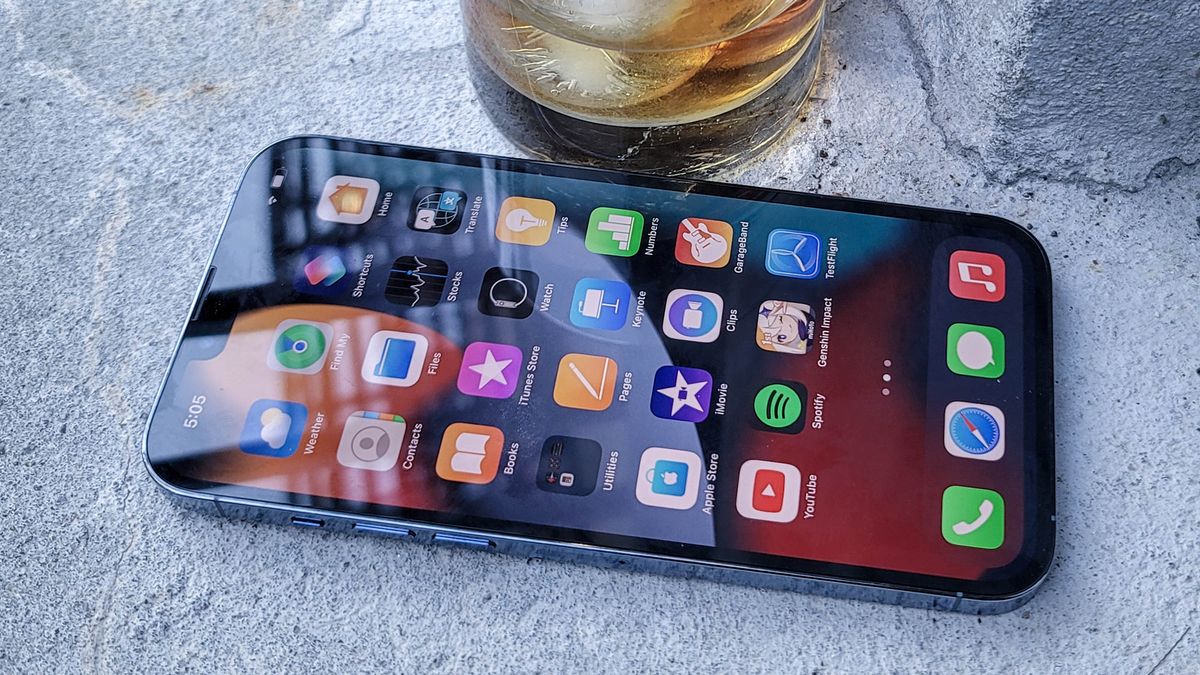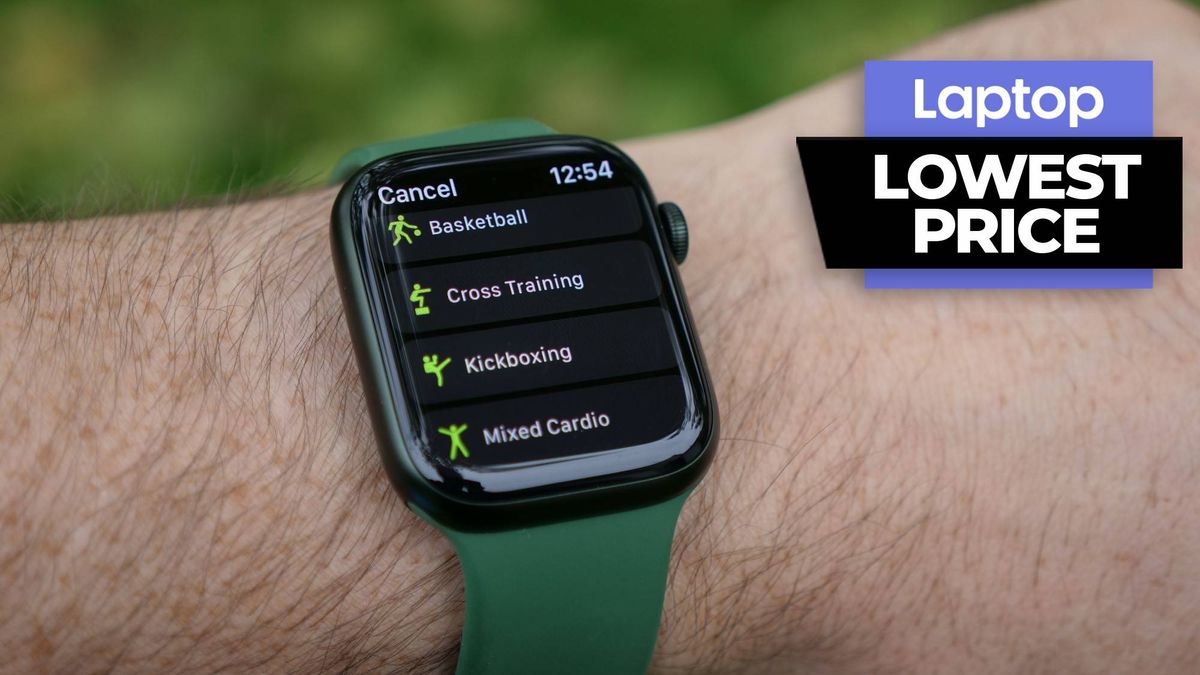Phones with the best battery life may not sound like the exciting feature to key on, but there’s no denying it is one of the most important. A phone can have an astounding 100x zoom camera or the fastest processor in the world, but if it’s dead before the end of the day that’s all meaningless.
As part of our thorough review process, we test the battery life of every phone in both real-world and lab conditions. Our standardized battery test involves the phone browsing the web continuously over LTE or 5G at 150 nits of brightness until it powers down. We don’t completely dismiss our anecdotal experience, but the consistent and reproducible nature of our test gives us a better idea of how these phones actually stack up against one another.
Phones with the best battery life
We know most people aren’t buying a phone based on battery life alone, so we selected phones with the best battery life that stand out for more than that spec alone. You’ll find many of them among our best smartphones and best budget phones. To help you pinpoint the best long-lasting phone for you we’ve broken things down into several categories. First up, we will tackle the two most popular lineups on the market: Apple iPhones and Samsung Galaxy phones. Then, we’ll broaden things out with a look at the best alternative flagships and then the best mid-range and budget options.
Regardless of how much you want to spend or what your priorities are, we have the right phone with the best battery life for you.
iPhones with the best battery life
| Battery life (hours:minutes) | |
| iPhone 13 Pro Max | 12:16 |
| iPhone 13 Pro | 12:00 |
| iPhone 11 Pro Max | 11:54 |
| iPhone 11 | 11:16 |
| iPhone 12 Pro Max | 10:53 |
| iPhone 13 | 10:33 |
| iPhone 11 Pro | 10:24 |
| iPhone SE (2020) | 9:18 |
| iPhone 12 Pro | 9:06 (5G), 11:24 (4G) |
| iPhone 13 mini | 8:41 |
| iPhone 12 | 8:25 (5G), 10:23 (4G) |
| iPhone SE (2022) | 7:39 |
| iPhone 12 mini | 7:28 |
While they don’t feature the largest batteries, iPhones still manage to be among the phones with the best battery life most years, and with the iPhone 13 that came back in a big way. That trend took a bit of a hit last year; the iPhone 12’s move to 5G was a bumpy one with all but the iPhone 12 Pro Max showing a massive drop-off in battery life compared to their predecessors.
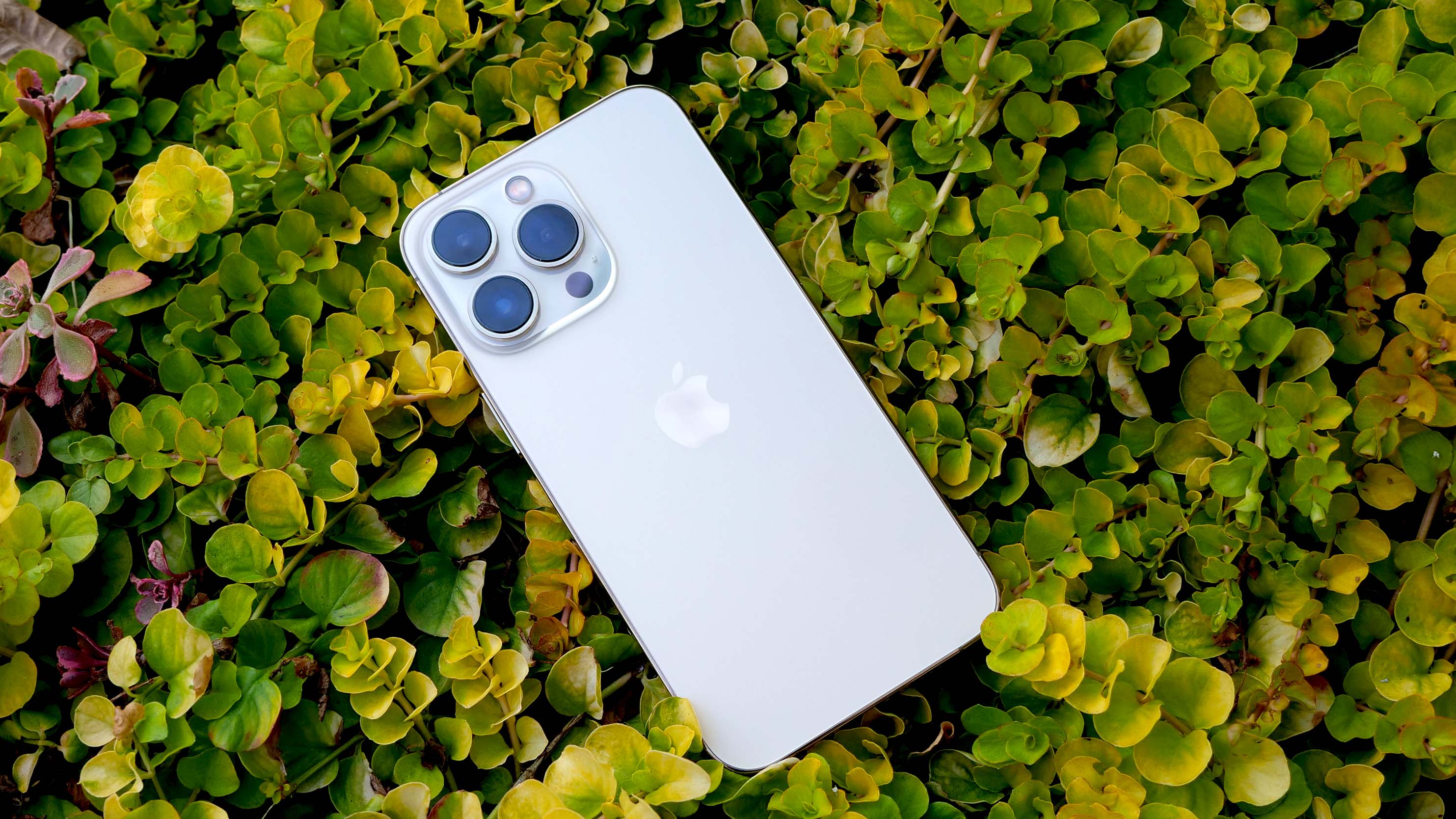
However, before you go selling your iPhone 12, there is an easy way to turn off 5G on an iPhone 12, and, as you can see on our chart, this simple change nearly brings us back to parity with the iPhone 11 series. Unfortunately, we are now seeing a repeat performance of this problem with the iPhone SE (2022), which only managed to outlast the iPhone 12 mini.
The iPhone 13 models unilaterally fix all that though in most cases topping their iPhone 11 counterpart, a particularly notable achievement for the iPhone 13 Pro and iPhone 13 Pro Max which add a 5G radio and a 120Hz ProMotion display compared to the iPhone 11 models.
It probably goes without saying, but with the iPhone, you aren’t just getting one of the phones with the best battery life, but one of the best smartphones overall. The unmatched performance and software support coupled with the excellent cameras make an iPhone an easy recommendation for anyone looking for more than just all-day endurance.
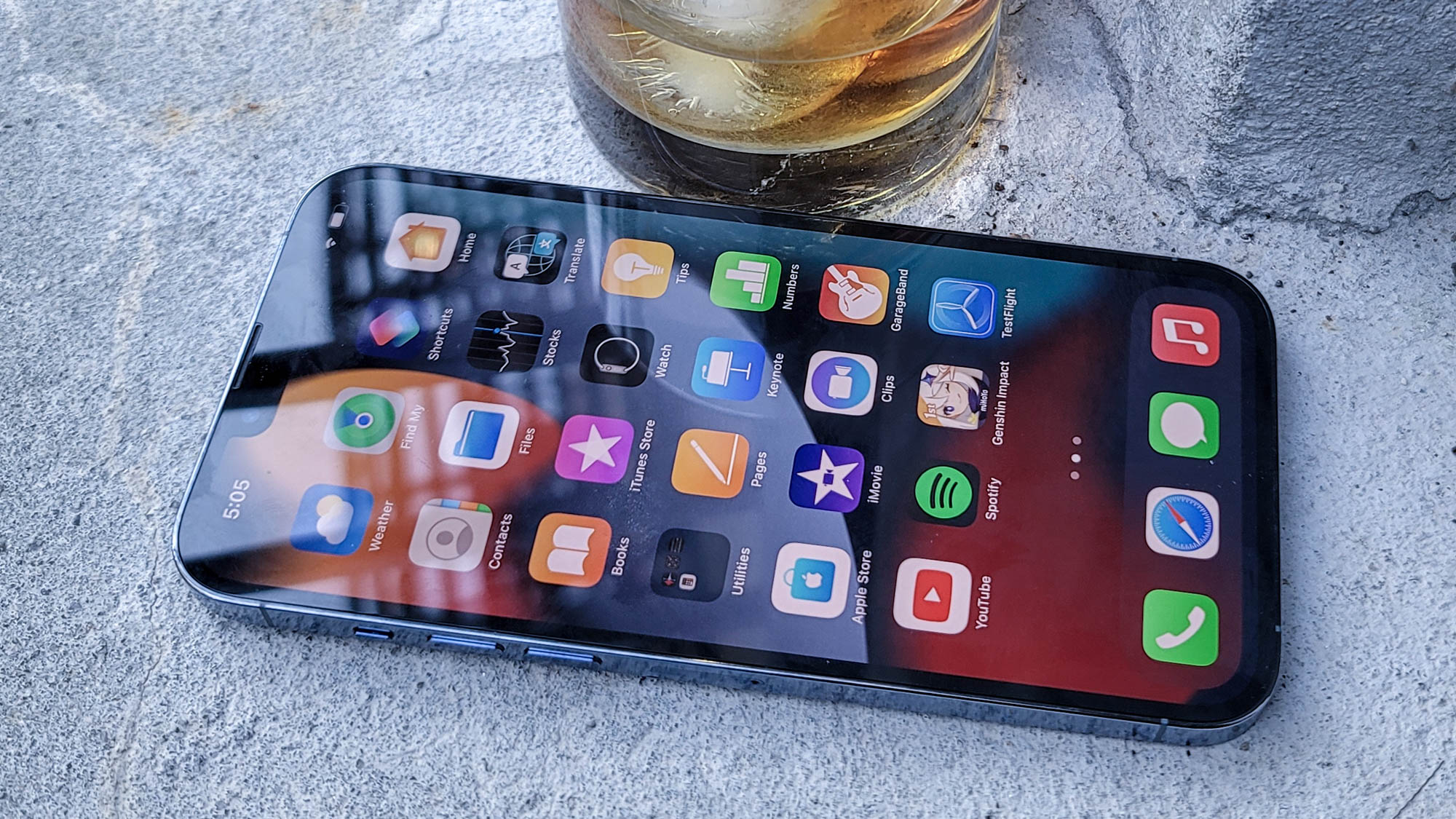
Samsung Galaxy phones with the best battery life
| Battery life (hours:minutes) | |
| Samsung Galaxy A52 | 12:20 (60Hz); 10:19 (120Hz) |
| Samsung Galaxy S20 Ultra | 11:58 (60Hz); 8:47 (120Hz) |
| Samsung Galaxy S21 Ultra | 11:25 (60Hz) |
| Samsung Galaxy Note 20 Ultra | 10:26 (60Hz) |
| Samsung Galaxy S22 Ultra | 10:15 (60Hz); 9:50 (120Hz) |
| Samsung Galaxy S22+ | 10:12 (60Hz); 9:31 (120Hz) |
| Samsung Galaxy Z Fold 2 | 10:10 (60Hz) |
| Samsung Galaxy S20 Plus | 10:01 (60Hz); 8:55 (120Hz) |
| Samsung Galaxy S21 | 9:53 (60Hz) |
| Samsung Galaxy S21 Plus | 9:52 (60Hz); 9:21 (120Hz) |
| Samsung Galaxy S20 | 9:42 (60Hz); 8:05 (120Hz) |
| Samsung Galaxy Note 20 | 9:38 (60Hz) |
| Samsung Galaxy S21 FE | 9:15 (60Hz); 7:47 (120Hz) |
| Samsung Galaxy S20 FE | 8:59 (60Hz) |
| Samsung Galaxy Z Fold 3 | 8:48/7:58 (60Hz/120Hz, front screen); 7:53/6:36 (60Hz/120Hz, interior screen) |
| Samsung Galaxy Z Flip 5G | 8:26 (60Hz) |
| Samsung Galaxy S22 | 8:15 (60Hz); 7:54 (120Hz) |
| Samsung Galaxy Z Flip 3 | 6:00 (60Hz); 5:43 (120Hz) |
Samsung may not match Apple’s software-based battery optimization, but it makes up for it by jamming absolutely massive batteries in its phones — and that works too. In fact, among the current generation, Samsung phones on average come out ahead of their iPhone counterparts unless you disable 5G on Apple’s phones.
Galaxy phones can’t quite match the performance of the iPhone, but they have quite a few other tricks up their sleeve beyond just battery life. Sticking to the Galaxy S line, you have massive zoom capabilities on the Galaxy S21 Ultra camera, gorgeous 120Hz AMOLED displays and incredible integration with Windows 10.
Samsung also produces some of the more unique smartphone offerings available today with foldables like the Galaxy Z Fold 3 and Galaxy Z Flip 3, which offer considerably better battery life than their direct rivals. Finally, for stylus fans, there’s the Galaxy Note 20 Ultra, one of our favorite phones of 2020 and perhaps the last Galaxy Note we’ll ever see.
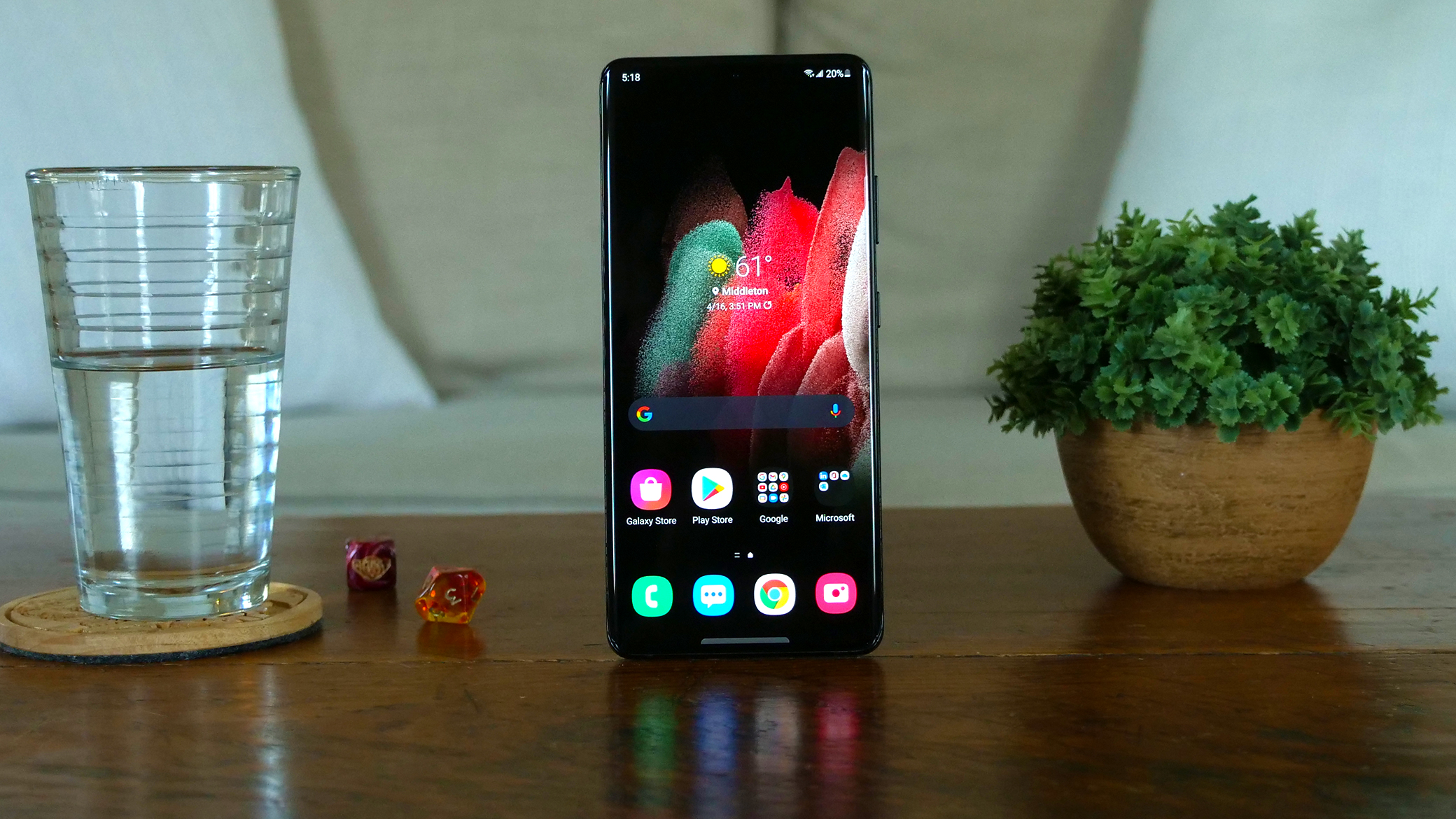
Other flagship phones with the best battery life
While there is a lot to recommend about the Pixel 6 and Pixel 6 Pro, the battery life isn’t a standout feature for either one. Now each one fared better in our real-world testing than the lab tests would suggest, but neither belongs on this list regardless.
While we are looking specifically at phones with the best battery life here, another factor to consider are new fast-charging methods that support up to 65W charging. You get that from both the options found here, which when compared to the 20-25W fast-charging charging supported by the likes of Apple and Samsung this can mean getting yourself a half-day of battery life in just 15 minutes on the charger.
| Battery life (hours:minutes) | |
| Asus ROG Phone 5 | 13:38 (60Hz); 10:59 (120Hz); 11:17 (144Hz) |
| Xiaomi 12 Pro | 11:29 (60Hz); 11:05 (90Hz); 10:31 (120Hz) |
| OnePlus 9 Pro | 10:29 (60Hz); 11:44 (120Hz) |
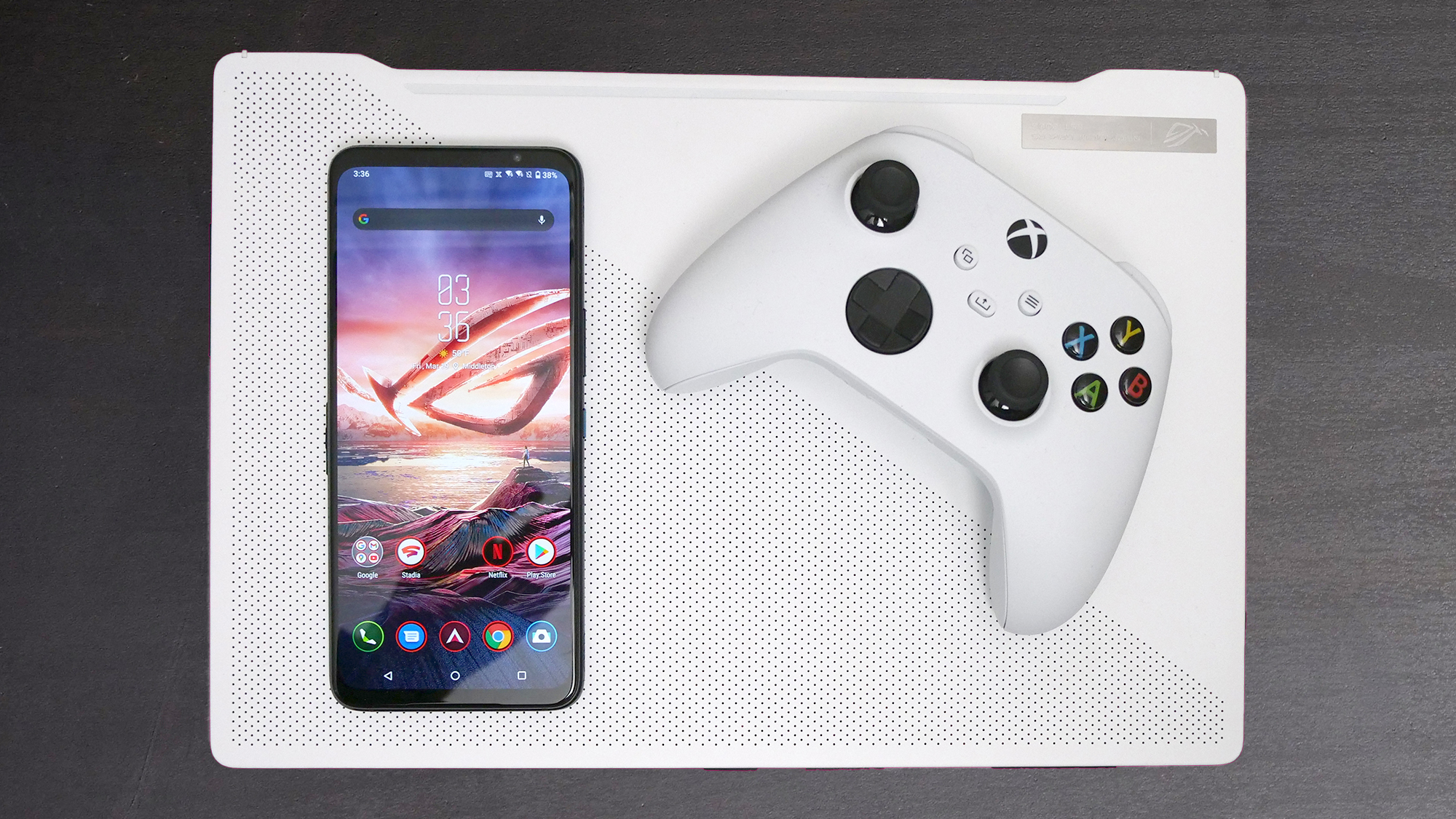
If you paid any attention to the Asus ROG Phone 5 you won’t be surprised to find it among the phones with the best battery life considering the 6,000mAh battery that Asus stuffed inside. As previously mentioned it also offers 65W fast charging which means it doesn’t take all day to get that battery topped back up again with 30 minutes on the included charger getting you all the way back to 70% in our testing.
Beyond its impressive battery life the Asus ROG Phone 5 is among the fastest Android phones that we’ve tested, second only to the OnePlus 9 Pro. It also offers a vast array of customization options for gamers including the capacitive shoulder buttons and a variety of accessories like the Aero Active Cooler fan, a gaming controller and dock to easily hook it up to a monitor and more.
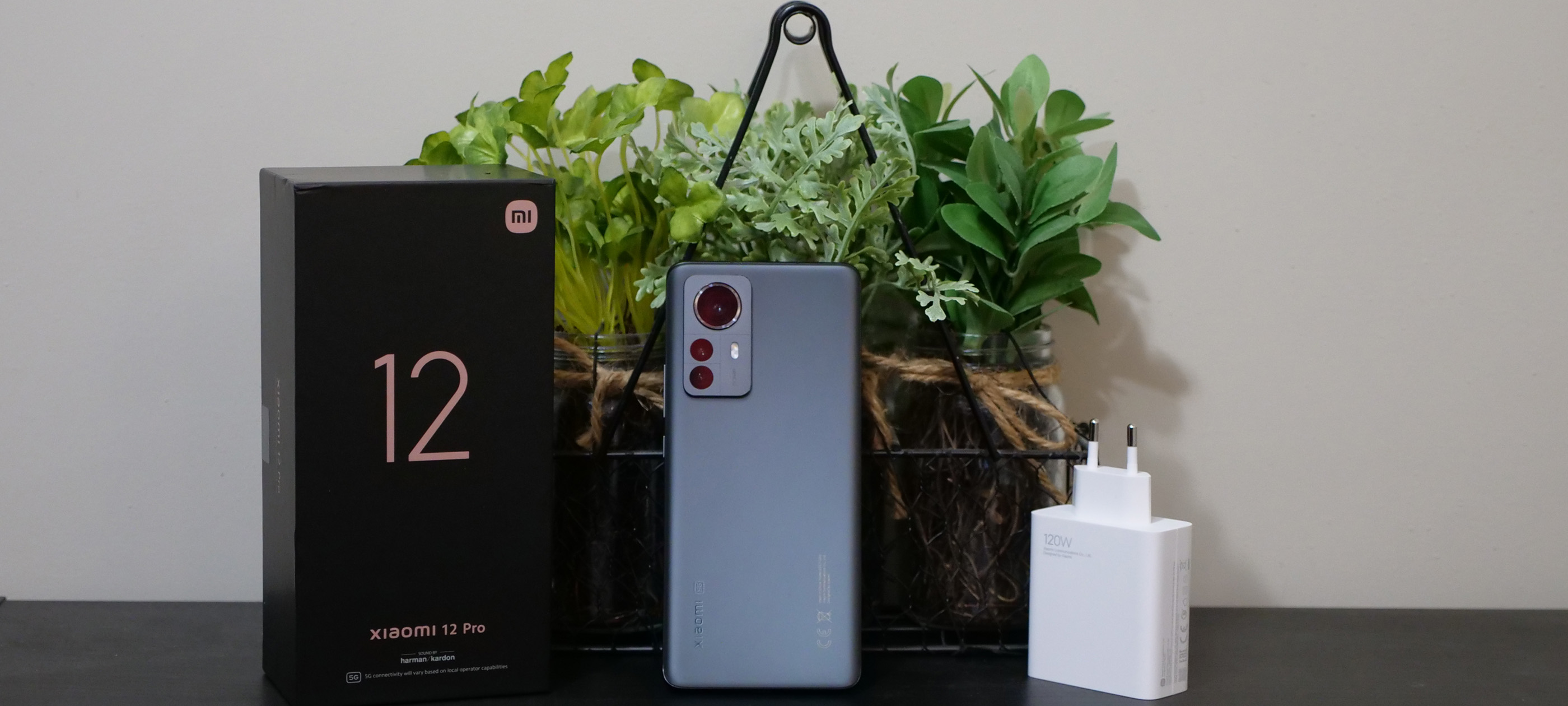
The Xiaomi 12 Pro was a surprise addition to the phones with the best battery life as it features the somewhat power hungry Snapdragon 8 Gen 1 chip and a slightly smaller 4,600mAh battery. Whatever magic it used, the 12 Pro managed to hit 11 hours and 29 minutes at its 60Hz setting and even at its full 120Hz it lasted a solid 10 hours and 31 minutes.
Beyond its battery life the Xiaomi 12 Pro is a performance beast, outclassing any other current Android flagship in our benchmark tests and even surpassing the iPhone 13 Pro in a couple of tests. Despite its excellent triple 50MP camera array on the back the photos were one area where it fell behind the likes of Samsung, Apple and Google, but as a total package the Xiaomi 12 Pro is a remarkable option.
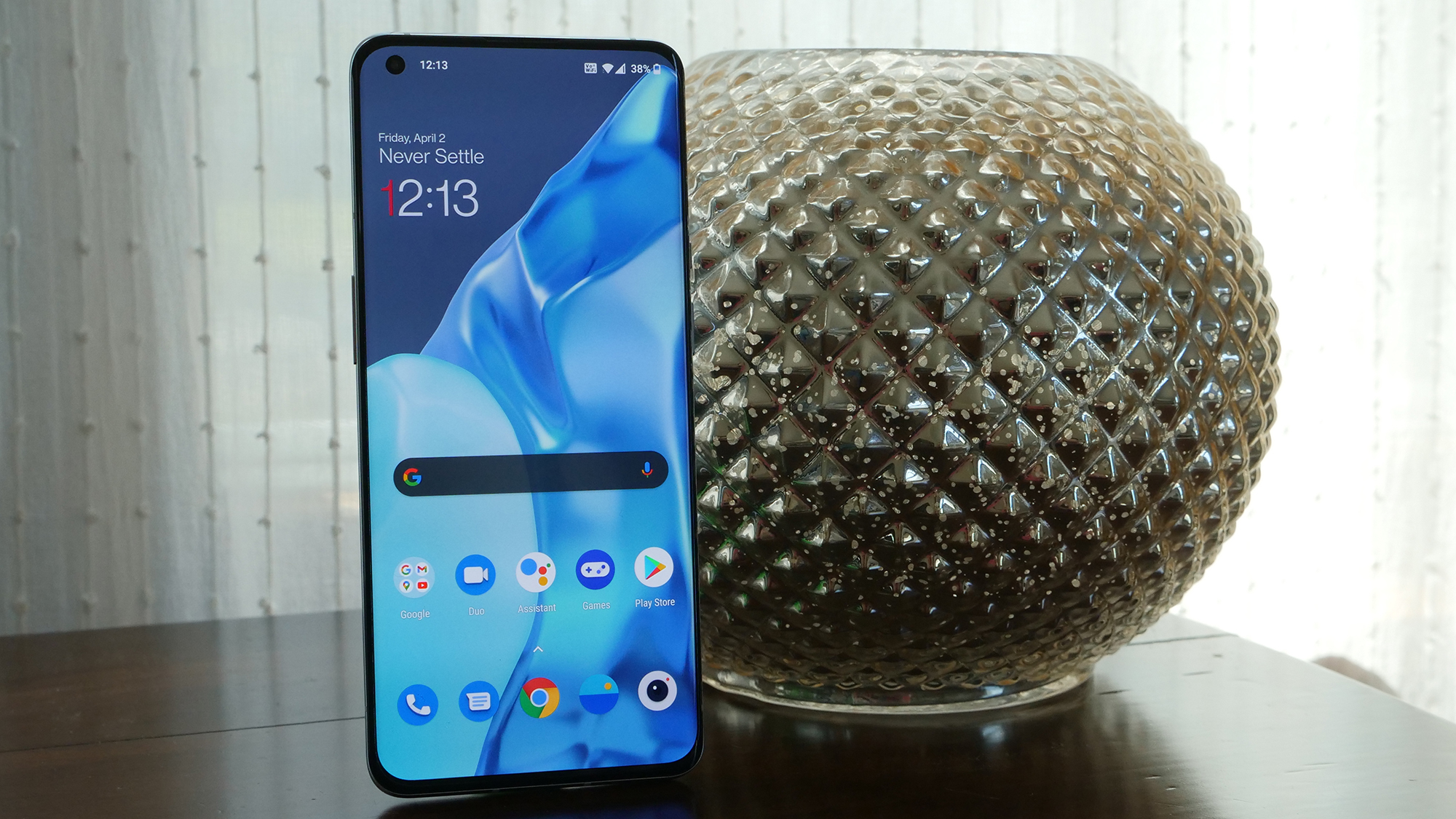
The OnePlus 9 Pro remains a phenomenal smartphone even as the OnePlus 10 Pro launch draws near. While it comes up shy of the ROG Phone 5 and Xiaomi 12 Pro when it comes to max battery life at 60Hz, it actually pulls into the lead at 120Hz. Like the Xiaomi 12 Pro, it impressively does this with a smaller 4,500mAh battery versus the 6,000mAh of the ROG Phone 5.
The OnePlus 9 Pro is also a much more well-rounded device than the ROG Phone 5, comparable to the Xiaomi 12 Pro in most regards. Despite the on-paper hardware advantage for the Xiaomi, the OnePlus 9 Pro delivers consistently better photos, although both still come up short of the best of Samsung and Apple. If you are looking to steer clear of the smartphone juggernauts the OnePlus 9 Pro is an excellent option that is more affordable than the compeitition.
Mid-range phones with the best battery life
| Battery life (hours:minutes) | |
| Asus ZenFone 6 | 15:01 |
| Motorola Edge | 12:12 |
| OnePlus 9 | 10:53 (60Hz); 11:24 (120Hz) |
| Asus Zenfone 8 | 10:52 (60Hz); 10:17 (90Hz); 9:59 (120Hz) |
| OnePlus 8T | 10:49 |
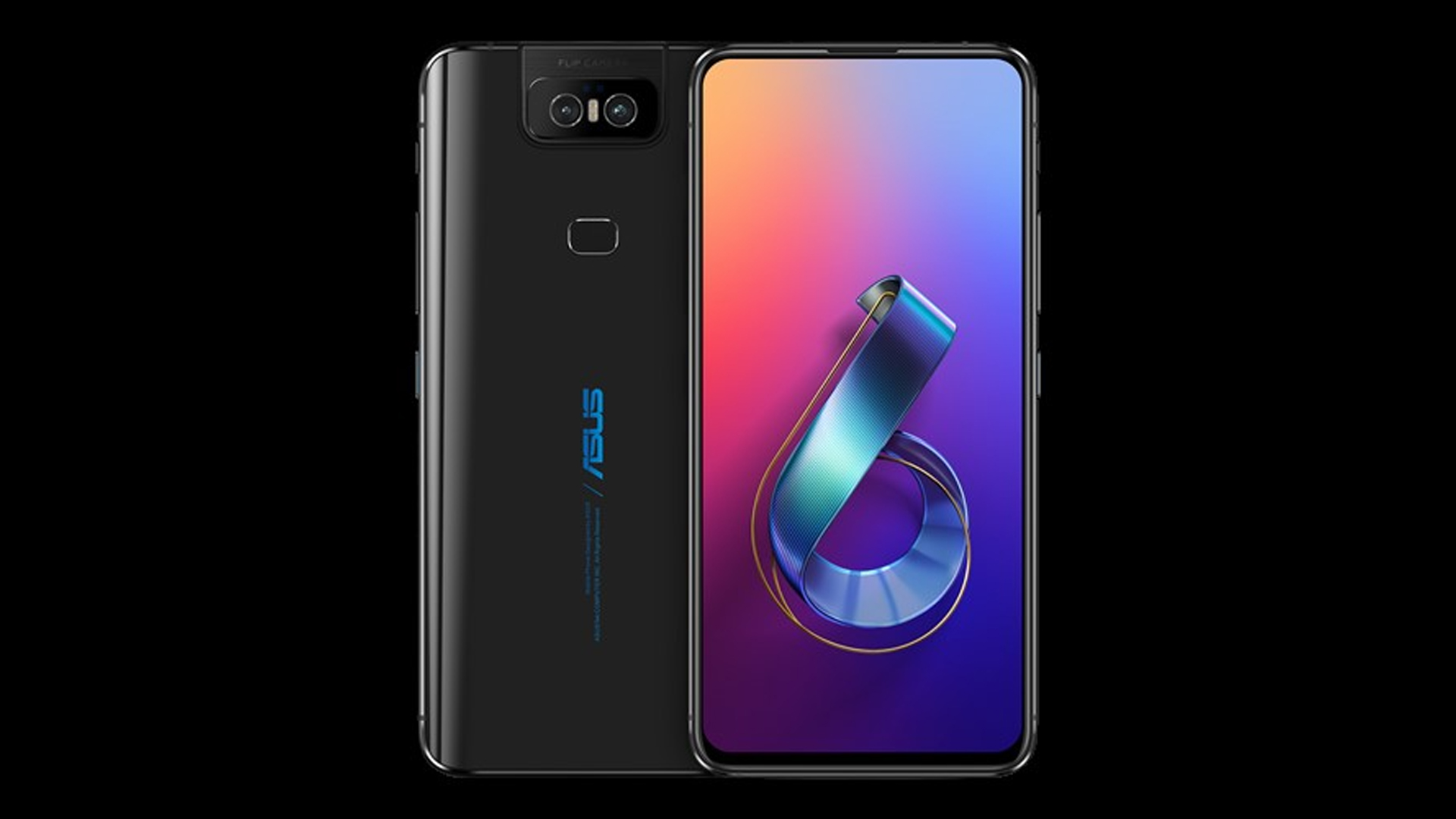
While the Asus ZenFone 6 earned its place here by making it over 15 hours on our battery test, there’s more to this phone than just its 5,000mAh battery. Take a look at its display and you’ll notice something missing: there’s no notch and no hole-punch front-facing camera. This phone uses a clever flip mechanism at the top to bring the rear cameras around to the front so you can use the best camera for your selfies too. Starting at less than $500, it’s a great option for those that want extra-long battery life without giving up too much else.
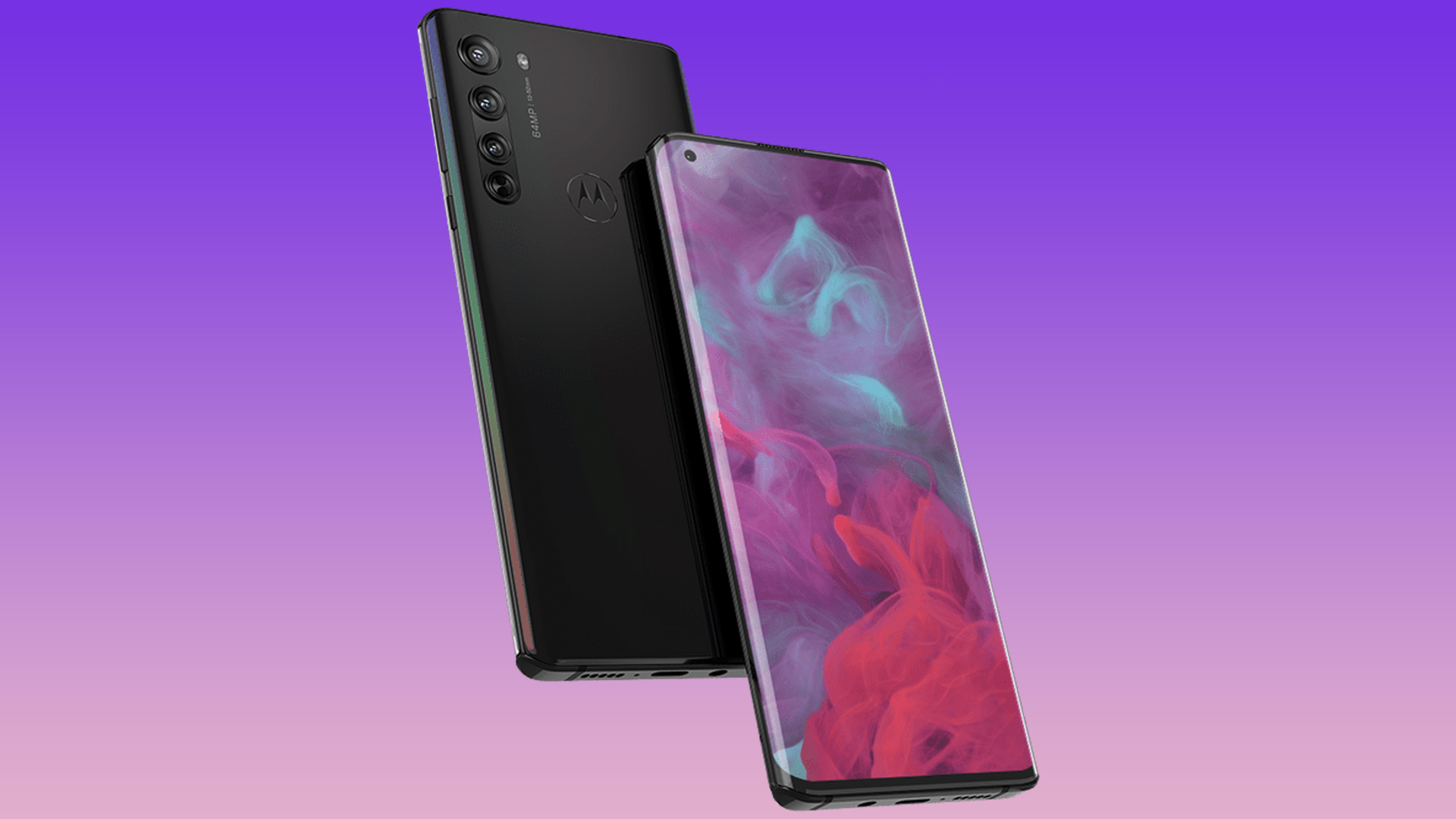
If there’s one feature Motorola has been hitting out of the park consistently over the past few years, it’s battery life. While this is mostly in the budget realm as you’ll see later on this page, the Motorola Edge falls firmly into mid-range territory while still delivering over 12 hours of battery life in our tests. At $699, the Edge is in a competitive price range, but even with its display set to 90Hz, it managed 11 hours and 35 minutes in our testing, which is considerably above most high refresh rate phones we’ve tested. As is commonly the case with Motorola, the cameras are its downfall, but this is still a solid choice if that’s not important to you.
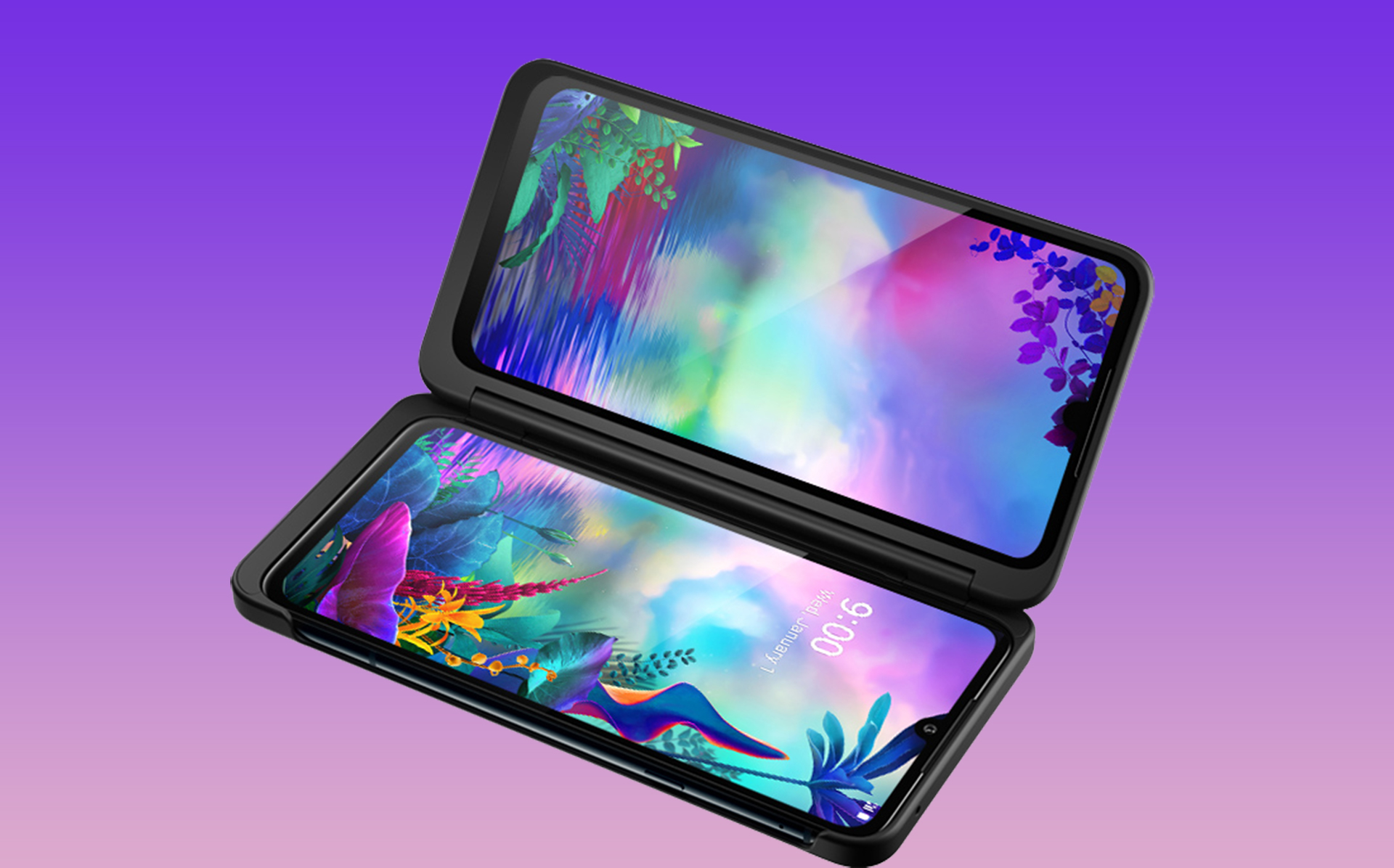
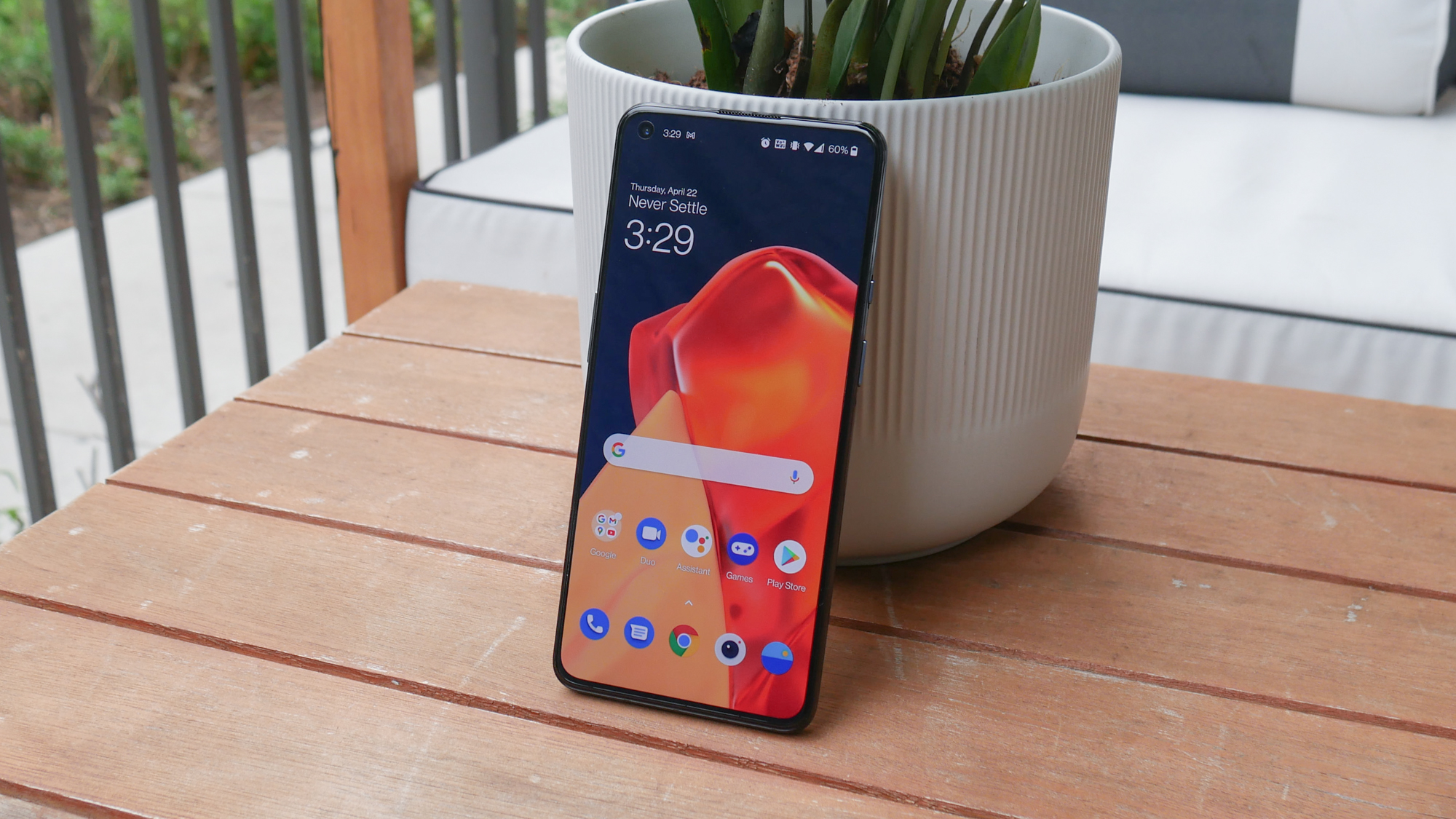
The OnePlus 9 comes in at $729, making it more of an upper-midrange phone than a flagship, but it comes quite close with its specs considering it features the same 4,500mAh battery and Snapdragon 888 processor as the $969 OnePlus 9 Pro. The OnePlus 9 actually lasted 31 minutes longer with its 120Hz mode enabled, a serious departure from the OnePlus 8T that took a significant hint with the faster refresh rate. Like the OnePlus 8T and OnePlus 9 Pro it offers 65W fast charging with the charger in the box and unlike the OnePlus 8T it also supports wireless charging.
It loses a few key features of the OnePlus 9 Pro such as the brand new Sony IMX789 sensor main wide-angle sensor, the 3.3x telephoto lens and the adaptive 120Hz display. However, it has the identical 50MP ultra-wide sensor along with the same new Hasselblad color science applied to its cameras that have impressed us so far. If photography and videography are less crucial to you the OnePlus 9 delivers an otherwise nearly identical experience to its pricier sibling.
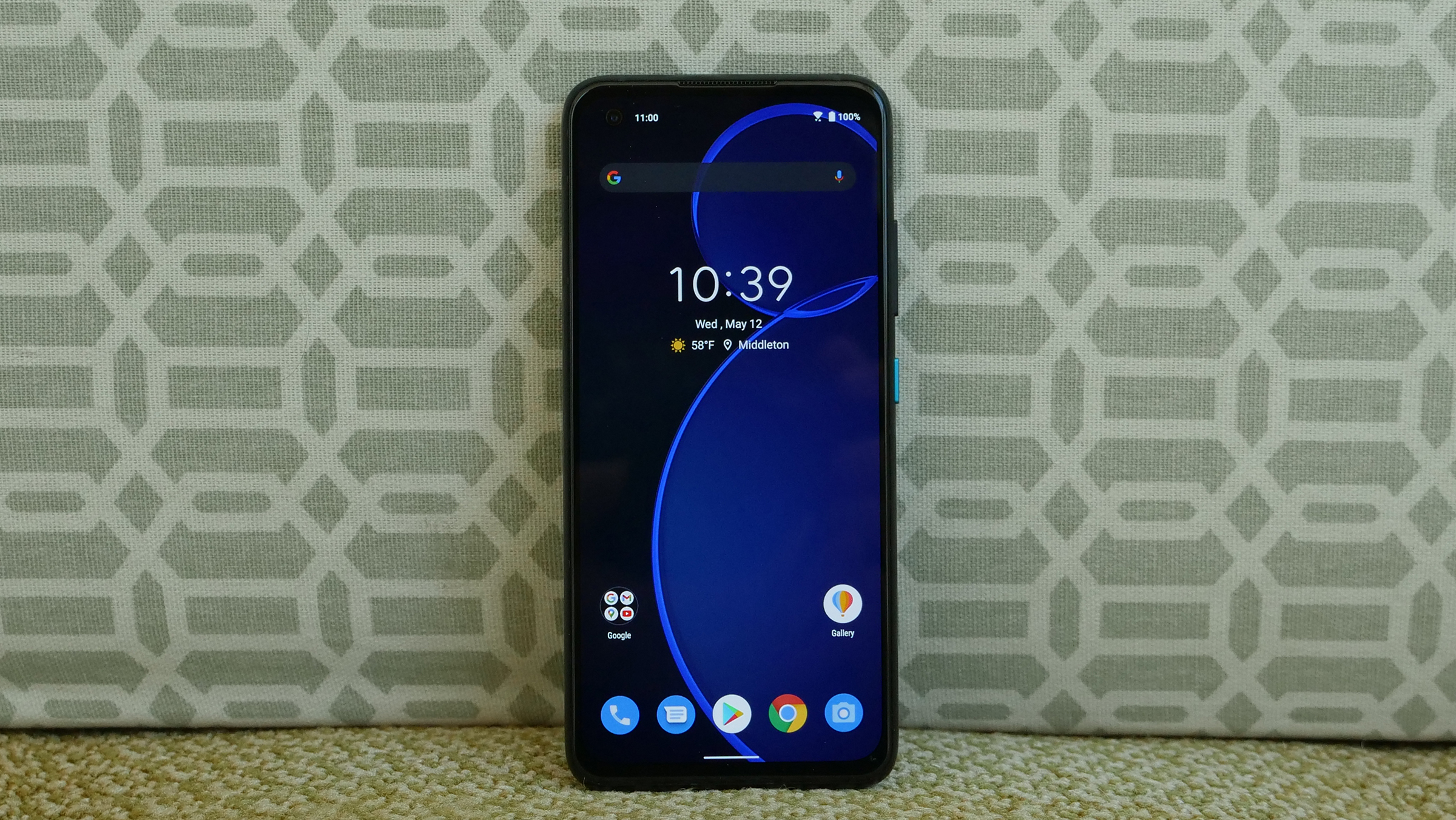
The Asus Zenfone 8 may not be able to offer the battery life of its predecessor, but it still puts up a solid result at exactly one minute shy of the OnePlus 9 and it is also the smallest flagship Android phone on the market making its battery life all the more impressive.
This makes for easy one-handed use, which isn’t something most can say about any other phone with a Snapdragon 888 processor. If that hasn’t swayed you then the starting price of $599 might, even the top of the line model that we tested in our review was just $799 which considering it bumps up to 16GB of RAM compared to 8GB in the $729 OnePlus 9.
There are some tradeoffs with the Asus Zenfone 8, it lacks a telephoto lens and full support for 5G in the U.S., but weighed against the price and performance these are worthwhile tradeoffs depending on your needs.
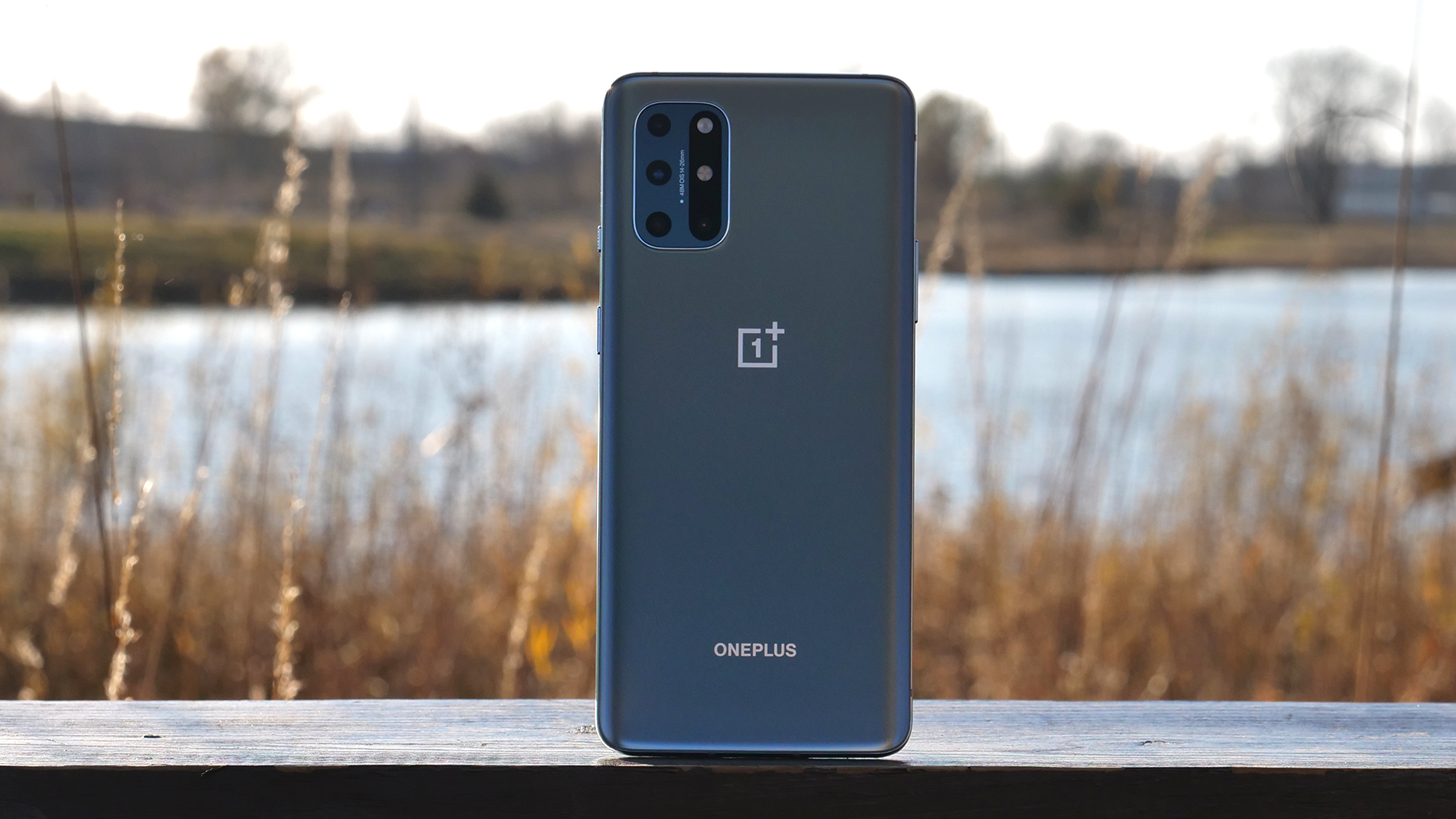
It comes in near the top of what we consider to be mid-range pricing at around $749, but the OnePlus 8T is an impressive all-around package that also delivers excellent battery life at just shy of 11 hours. Even with the 120Hz panel enabled, it manages 9 hours and 58 minutes, which is one of the better scores we’ve seen from a 120Hz phone. While its cameras still aren’t up to the standards of Google, Apple or Samsung, there have been a number of improvements via software updates since I originally reviewed the phone.
At this point, I’d venture that most people will be satisfied with the photo and video results. One downside to the OnePlus 8T is the less than stellar track record for the company on software updates recently, except two years of updates, but it’s hard to count on more. However, if you like switching up phones regularly anyway that won’t matter and the value is still excellent.
Budget phones with the best battery life
| Battery life (hours:minutes) | |
| Moto G Power (2021) | 14:04 |
| Moto G Power (2022) | 13:20 |
| Moto G Stylus | 12:13 |
| OnePlus Nord N10 5G | 11:48 |
| TCL 10 5G UW | 11:07 |
| OnePlus Nord N200 | 10:37 (60Hz); 10:28 (90Hz) |
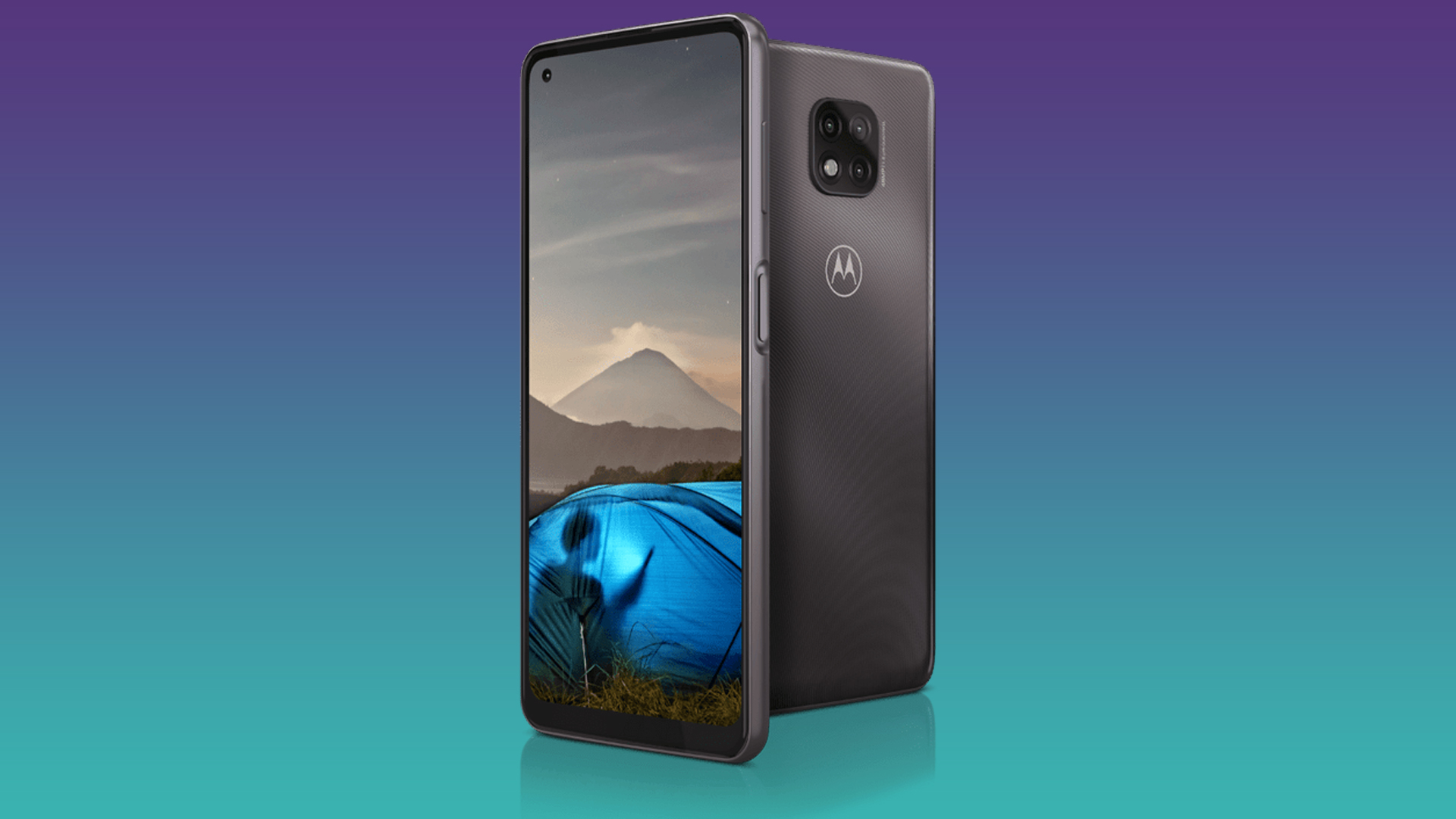
The updated version of the Moto G Power actually takes a step back in a couple of regards from its predecessor with a weaker processor. And depending on the model, you get less RAM and storage. It still packs in a 5,000mAh battery, but oddly came up two hours shy of the 2020 model in our tests. Despite these unfortunate decisions, I’d still advise either the 2021 or 2022 model to slightly extend your limited software support of one major OS update and two years of security updates.
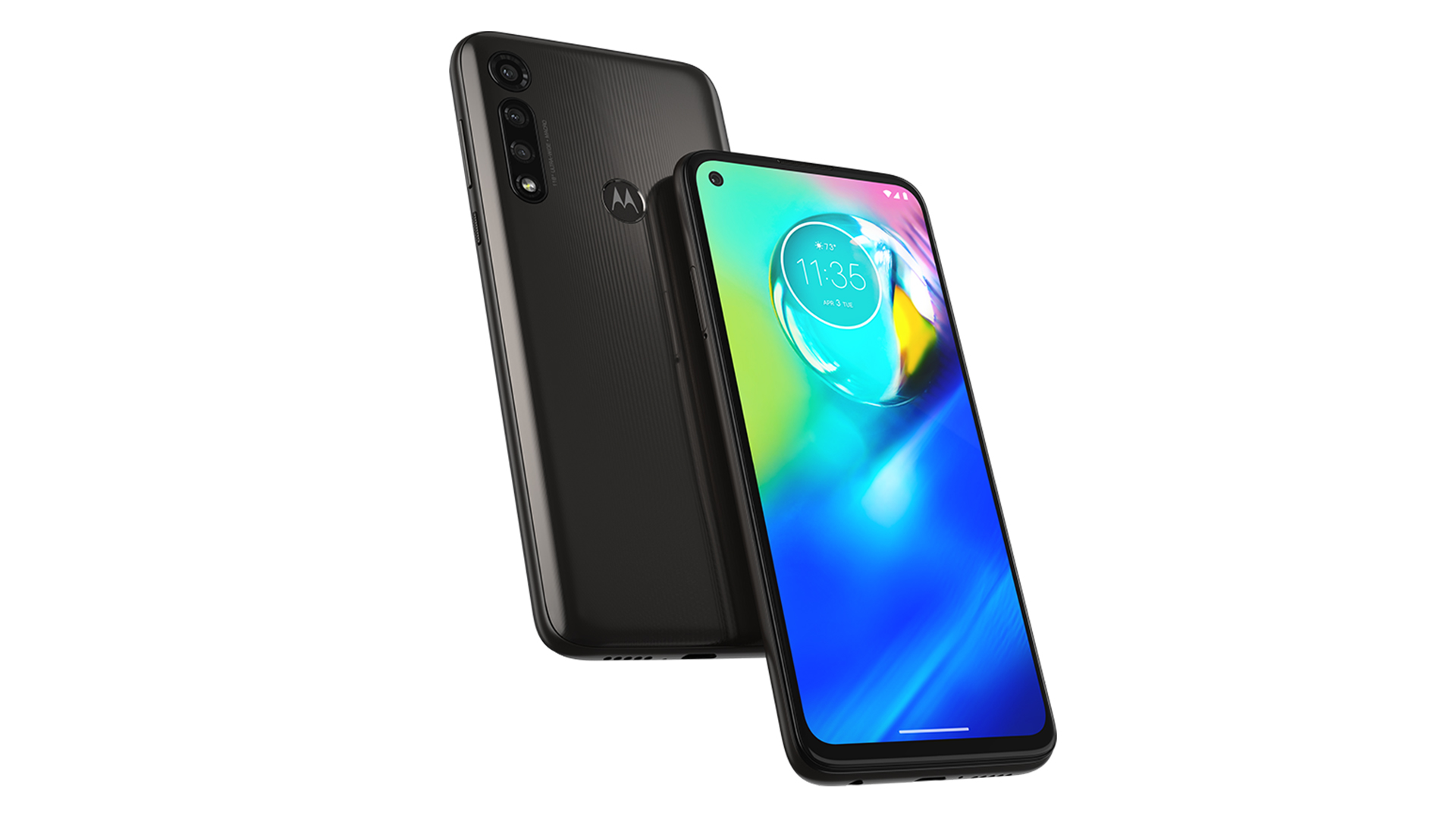
At this point, the backsliding battery life on the Moto G Power is a trend, while at 13 hours and 20 minutes it’ll still outlast most of the competition, it’s nearly 3 hours shy of the 2020 model. The 6.5-inch 90Hz screen remains excellent and you get a reasonable 64GB of storage, but there’s little else to celebrate.
Granted at a starting price of $199, you might be willing to overlook the MediaTek Helio G37 processor and the merely adequate camera performance. Taking that price into consideration the 2022 Moto G Power remains worth considering if you are only going to stick with it for a year or two, which you should as that’s how long your software support is going to last.
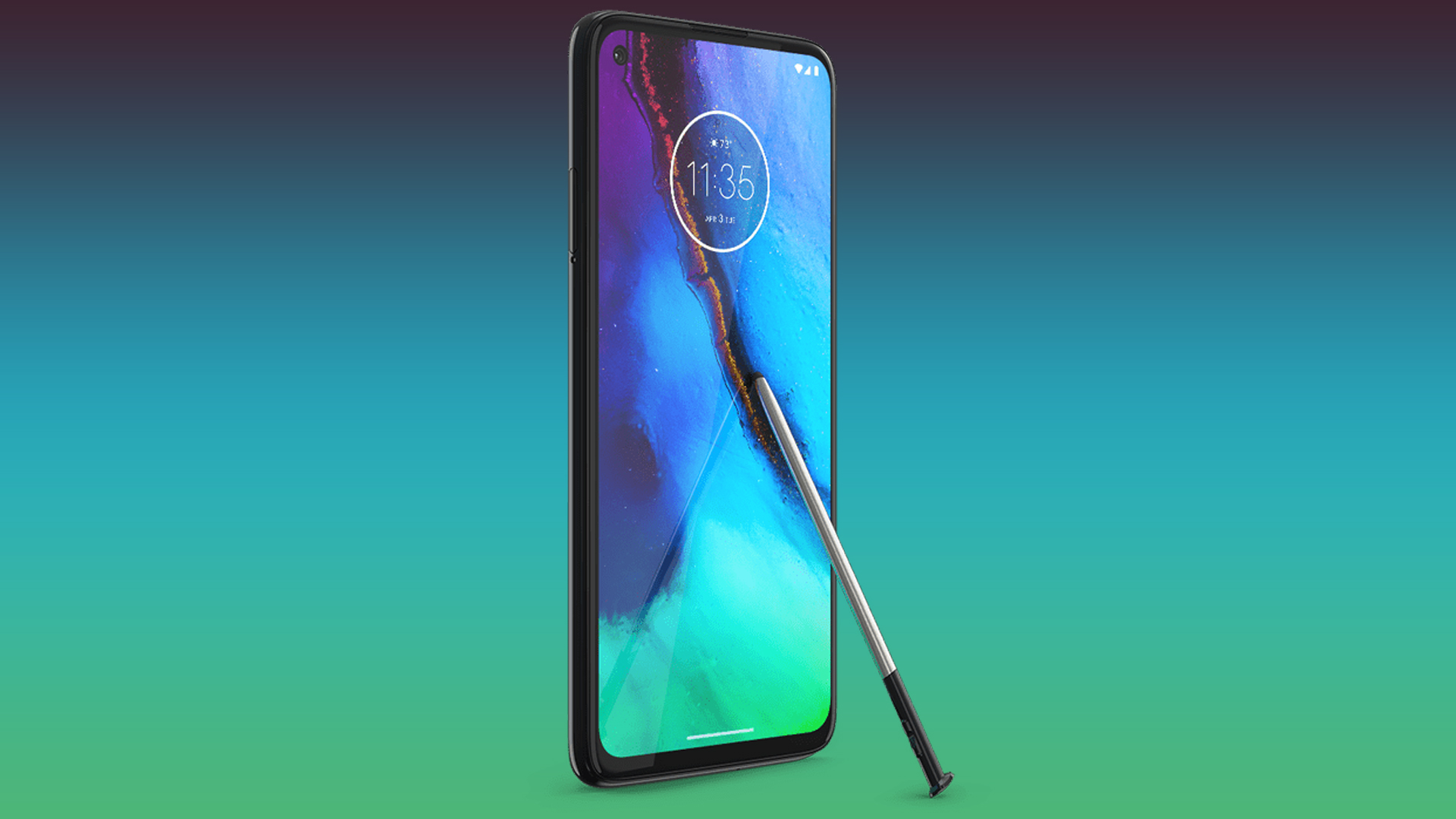
As previously mentioned, Motorola is the king of budget smartphone battery life and here’s yet another entry from the company. The Moto G Stylus definitely can’t hold a candle to the Galaxy Note 20 Ultra in most regards, but when it comes to battery life and pricing, it shines. For less than $300, you get a solid handset with a handy stylus.
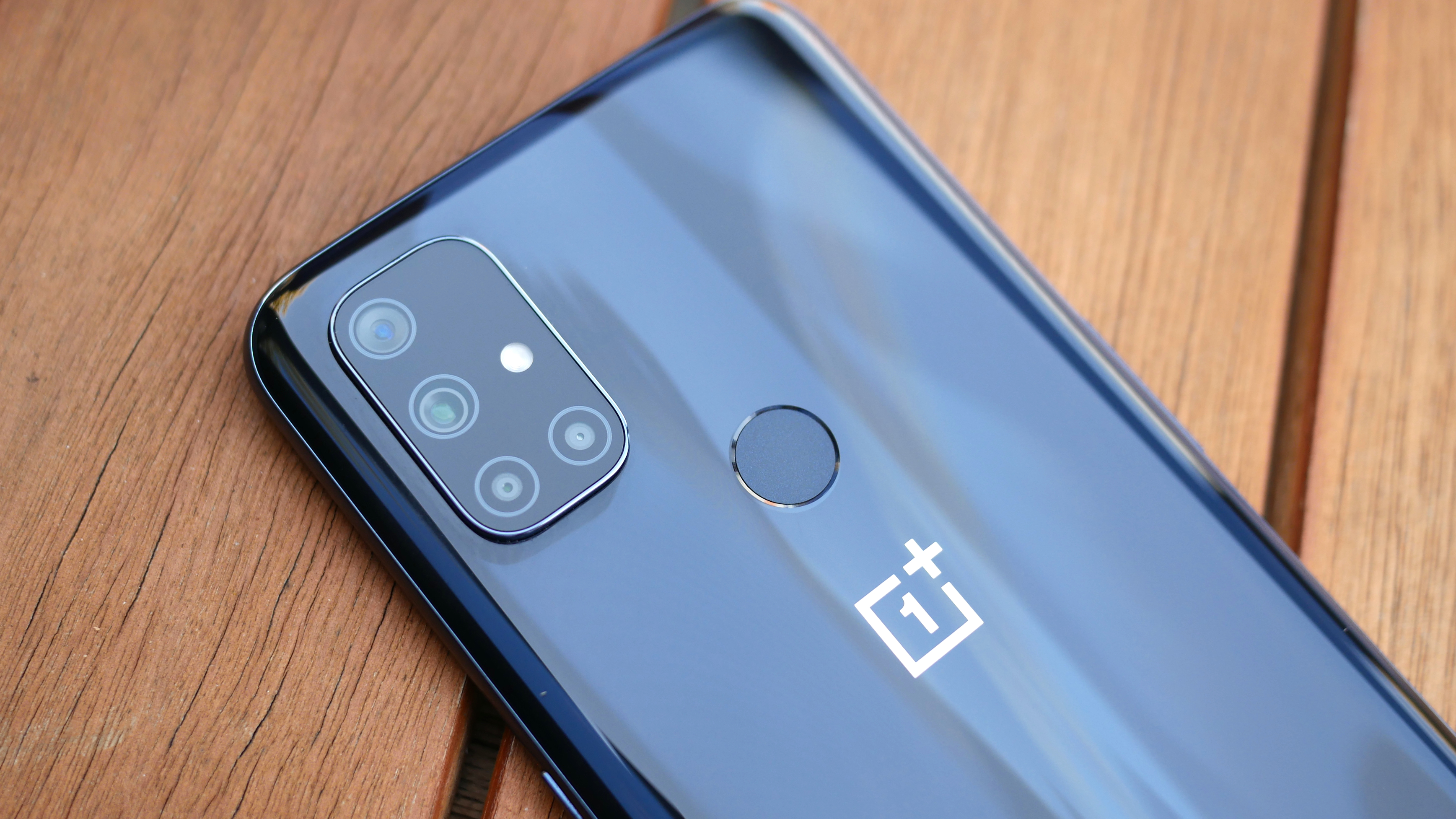
One of the best budget phones on the market, the OnePlus Nord N10 5G also offers outstanding battery life at just shy of 12 hours. Getting a 5G phone for less than $300 is pretty astounding and the rest of the package is not bad at all considering the price. It features a large 6.5-inch, 90Hz display, a quad-camera array and the Qualcomm Snapdragon 690 processor. It may not have the best battery life, but in every other regard, the OnePlus Nord N10 5G will run circles around other budget battery life phones.
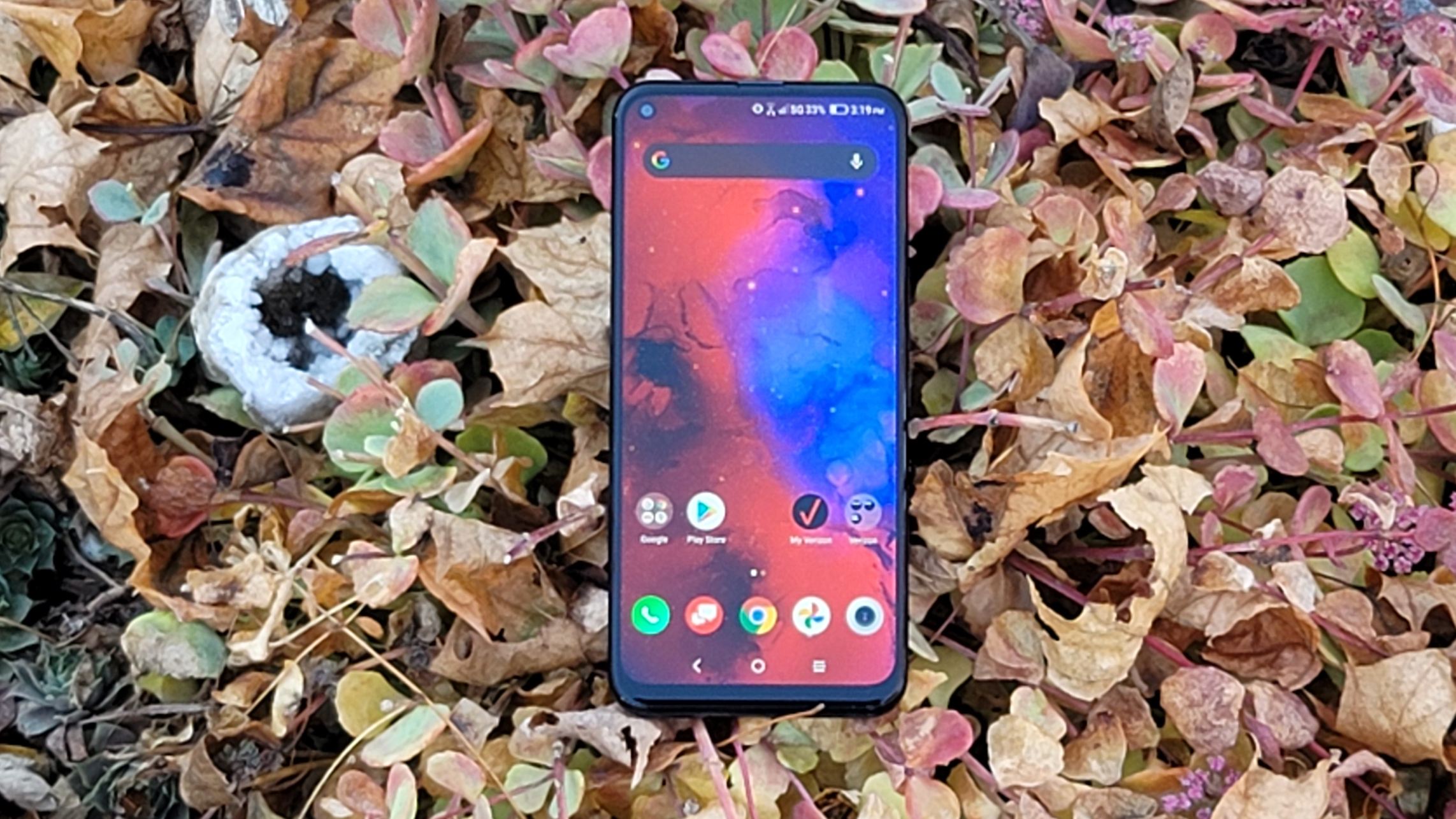
Another of our best smartphones, the TCL 10 5G UW definitely punches above its weight for less than $400. It has a beautiful HDR 10+ certified display, full 5G support on Verizon, and solid performance with its Qualcomm Snapdragon 765G processor. Software support is my biggest concern with this one as TCL won’t commit to more than a single major OS update, but at this price, that might be a worthwhile trade-off.
The OnePlus Nord N200 5G is the best sub-$250 phone I’ve used. I’m still blown away by the fit and finish OnePlus delivered in a phone this cheap, but there are a couple of tradeoffs to consider.
Chief among these is the camera, while obviously you can’t expect flagship performance, even considering its budget status it is pretty weak. The other is software support, again this is to be expected in the price range, but a single major OS update that will happen before the end of the year the phone is released is disappointing.
If you can look past those two flaws, this is an otherwise fantastic phone that is equal to others that cost twice the price, but for most people, these concessions will be too big to ignore.

